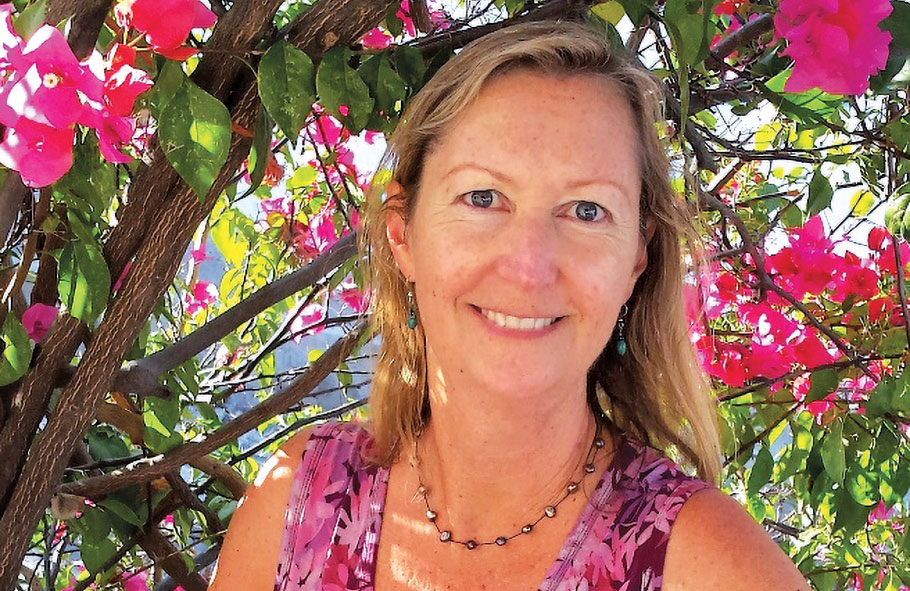
Death and Taxes in the Santa Cruz Mountains
MARCH 29, 2024 | PRESSBANNER.COM
Pamela Morgan is an experienced, registered and bonded legal document assistant, specializing in Estates and Trusts at reasonable prices. For more information, visit paralegalpam.com.
“In this world nothing can be said to be certain, except death and taxes.” —Benjamin Franklin
Death and taxes misshape the legacies we mold with our lives and values. As a widower, I advise survivors to honestly accept pain and meditate until it passes. Distraught or greedy relatives, tax collectors and lawyers seek pieces of estate at the expense of your last wishes. So you need proper documents.
A poor woman may wish to see her cat cared for and her bicycle given to Charlie, and a simple Will may suffice. Under a law that may pass away with Trump, the rich fear a maximum 40% estate tax if their estate exceeds $13.61 million in 2024 or $27.22 million for couples. Their lawyers mitigate damage with complicated trusts—even the ultimate Dynasty Trust—and stratagems for “Estate” tax returns.
But how should average Santa Cruz Mountain residents, while grieving, deal financially with the death of parents, like mine, who bequeathed costly houses?
My father, the Judge, knew that dying without a Will would likely result in a public court resolution for squabbling relatives who pay high fees for distributions determined by intestate succession laws. Probate fees for executors and lawyers are set by statute at 2-4% of the first million—each. With the Will alone, an executor would still have to prove the Will in court—and it could be contested, or worse, distributions of assets delayed a few years.
So my dad established a Living Trust that settled an estate without court procedures or publicity. It was “Revocable” so he could change it at any time before death and tax authorities ignore these trusts. Wills play a minor role of moving unlisted assets into the Trust. Bank and brokerage accounts pass by named beneficiaries to the secondary recipients, but the house had been placed into the trust and was sold from the Trust.
Every American homeowner should have a trust—but all too many are reluctant and don’t. Why? Denial of Death? Procrastination? Fear of legal fees? Decision defeats procrastination! We need lawyers for sound legal advice despite trust charges from $1,500 to $7,500. These complicated trusts can preserve wealth from spendthrifts, fund charities, provide healthcare and education and care for the disabled while maintaining eligibility for public benefits.
Simple trusts and wills from books or websites might work post-death, but they will leave you wondering what was missing? As a CFP trained to understand trust terms, I felt comfortable with the “reasonably-priced” services of an experienced legal document assistant (LDA) who also generates trust amendments, related Durable Powers of Attorney, Title and Transfer Deeds and Trust Administration Assistance:
“I absolutely love what I do,” writes LDA Pamela Morgan, “because I offer my clients Peace of Mind once their documents have been finalized.”
If the second parent dies and a grown child is named Successor Trustee, acknowledging responsibilities, the trustee should start financial proceedings by acquiring an EIN from the IRS (irs-ein-tax-id.com). If the house is not sold immediately, trustees should obtain a date of death appraisal of real estate. Get securities prices from stock brokers or Yahoo Historical. Primary residences, rentals, securities and other appreciated properties get an extremely valuable “step up” in basis that protects beneficiaries from capital gains tax on inherited property. California mercifully has no inheritance or estate tax.
When relatives die, three tax returns need filing: The final return of the deceased must be filed if their taxable income meets 2024 filing requirements ($15,700 for single seniors). Tax authorities ignore a living trust during the grantors’ lifetimes, but the trust becomes an entity that can earn income (rents, dividends) and must file Form 1041 to track this income and typical deductions like rental expenses, accounting, legal fees and trustee fees. The trust issues forms K-1 to all beneficiaries to share varied tax items passed through from the trust onto personal returns.
Most simple trusts pay no taxes. This works well for recipients of houses because the stepped-up basis at death usually exceeds the house sale price after major expenses like realtors’ fees. On personal returns, most beneficiaries see capital losses! Relatives gather closel—hopefully with gratitude and peace in their hearts—for trust distributions because recipients of life insurance proceeds and inherited properties file paperwork but pay few taxes! The trust determines legacies of both the deceased and beneficiaries.
Robert Arne, EA, CFP, MS, of Carpe Diem Financial Life Planning, gives holistic financial advice as his client’s fee-only fiduciary. He serves mostly Santa Cruz Mountain dwellers. These articles must not be read as personal financial, mortgage, tax or investment advice; consult appropriate professionals.
